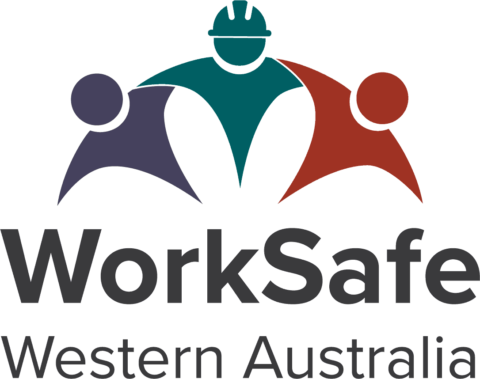Health and Community Care Industry Module
The health and community care industry is full of rewarding opportunities for young people. You could be helping out in hospitals, aged care homes, or residential facilities, or working in child care, before and after school care, or day care programs.
In some roles, you might even provide support directly in people’s homes. It’s a fast-moving industry where no two days are the same.
6.6%
Be Aware
of work-related injuries in this industry involve young workers.
That’s 1 in 15.
Care smart. Stay safe.
Module structure
8 Sections
Each with a quiz, followed by a fun ‘Spot the Hazard’ industry simulation.
27 to 31 Minutes
Estimated learning time
100% pass required, but don’t worry, you get unlimited attempts.

Caring for other starts with caring for yourself
Young workers often work shifts, including nights and weekends, and provide care in a variety of settings.
Common job roles in health and community care are:

Clinical and personal support roles
- Nursing Support Worker – assists nurses with patient care, hygiene, and mobility
- Aged Care Worker / Personal Carer / Home Care Worker – supports elderly clients with daily tasks, personal care, and companionship
- Disability Support Worker / Disabled Care Worker – helps people with disabilities live independently and participate in the community
Health services support
Dental Assistant – supports dentists during procedures, sterilises equipment, and manages patient care
Child and youth care
Childcare Worker – cares for children in early learning centres, day care, or before and after school programs, supporting their development and wellbeing
No matter what job you do in this industry, it’s important to look after yourself as well as others. Learning about health and safety helps you stay confident and safe while making a difference.
Statistics
Top incidents causing injuries
These are the top 10 incidents causing injuries to young workers in the health and community care industry, based on a five-year average.
More health and safety hazards to look out for
Contact with chemical or hazardous substance
Electrical safety
Work-related stress
Source
WorkCover WA claims data (2019–20 to 2023–24p), analysed by WorkSafe WA, 2025.
Notes
- Calculations are based on a five-year total from 2019-20 to 2023-24p.
- Percentages are based on all incident types; totals may not sum to 100% due to rounding or overlapping categories.
- Injuries are measured by the number of LTI/Ds (lost time injuries/diseases), defined as one or more days/shifts lost.
- The SmartMove health and community care industry is classified under ANZSIC 2006 – Subdivision 91:
- 84 Hospitals
- 85 Medical and other health care services
- 86 Residential care service
- 87 Social assistance service
Build your safety smarts?
Start SmartMove to spot hazards, and stay confident while doing what you love, whether you're caring for kids , supporting older people or lending a hand in the community.


